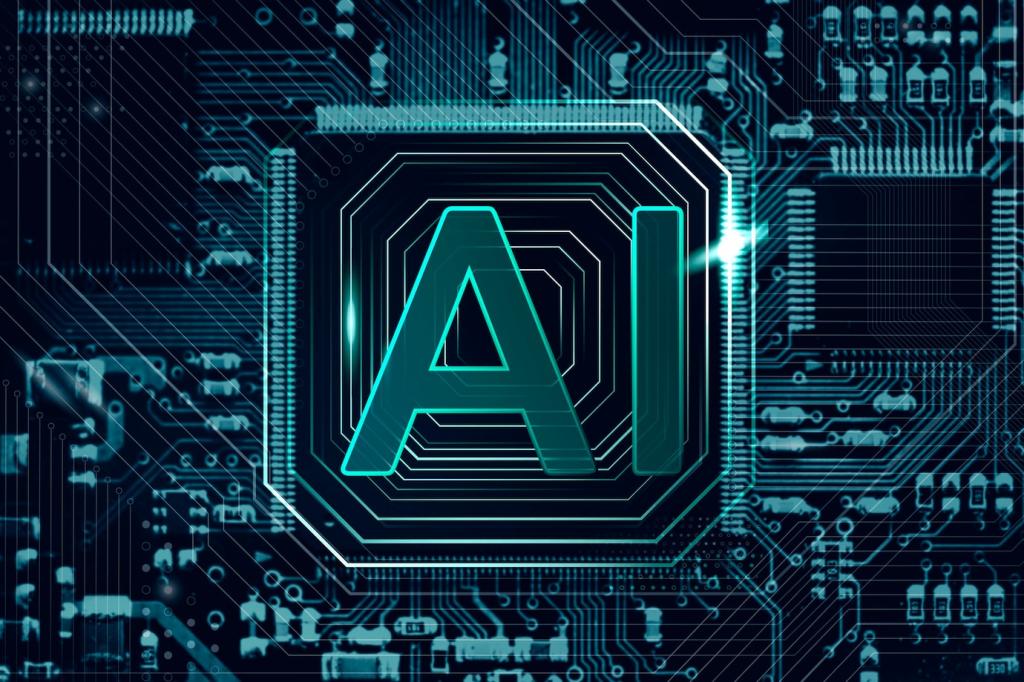
Navigating Supply Chain Challenges with AI Solutions
Modern supply chains face an array of dynamic and complex challenges, ranging from unpredictable demand fluctuations to disruptions in global logistics networks. The rapid pace of technological innovation, coupled with heightened customer expectations, requires organizations to respond with agility and precision. Artificial Intelligence (AI) emerges as a transformative force, offering advanced tools to enhance efficiency, resilience, and adaptability within supply chains. This page explores how businesses are leveraging AI to not only address critical supply chain obstacles but also to foster long-term competitive advantages in an ever-evolving marketplace.

Previous slide
Next slide
Improving Operational Efficiency Through Automation
Intelligent Order Fulfillment
AI systems optimize order fulfillment by dynamically allocating resources based on forecasts, customer location, and transportation constraints. Machine learning algorithms determine the most cost-effective and fastest ways to fulfill orders, adjusting in real-time to changes such as rush demands or shipping delays. This leads to reduced lead times, lower shipping costs, and consistent delivery performance, resulting in stronger customer loyalty and operational savings.
Automated Procurement Processes
AI automates key procurement tasks such as supplier selection, contract management, and order processing. By analyzing real-time pricing, availability, and past performance data, AI assists procurement teams in making better decisions and negotiating optimal deals. Automation also streamlines routine paperwork, reduces manual errors, and shortens cycle times, allowing procurement professionals to focus on strategic initiatives that add value to the business.
Warehouse Robotics and Optimization
AI-powered robotics are revolutionizing warehouse operations by automating picking, packing, sorting, and material handling. Sophisticated AI algorithms determine optimal inventory layouts, dynamic routing for robots, and efficient task scheduling. These solutions minimize human labor requirements, improve order accuracy, and increase throughput, making it possible for companies to handle seasonal spikes and changing order patterns without significant increases in cost or resources.
Previous
Next
Strengthening Resilience Against Disruptions
AI systems are adept at sifting through vast data sets to detect anomalies and potential threats to the supply chain. By identifying unusual patterns in shipment timings, supplier behavior, or market trends, these systems can trigger early warnings before minor disruptions grow into major crises. Rapid identification enables organizations to implement contingency plans, reroute shipments, or engage alternative suppliers, enhancing supply chain resilience.
